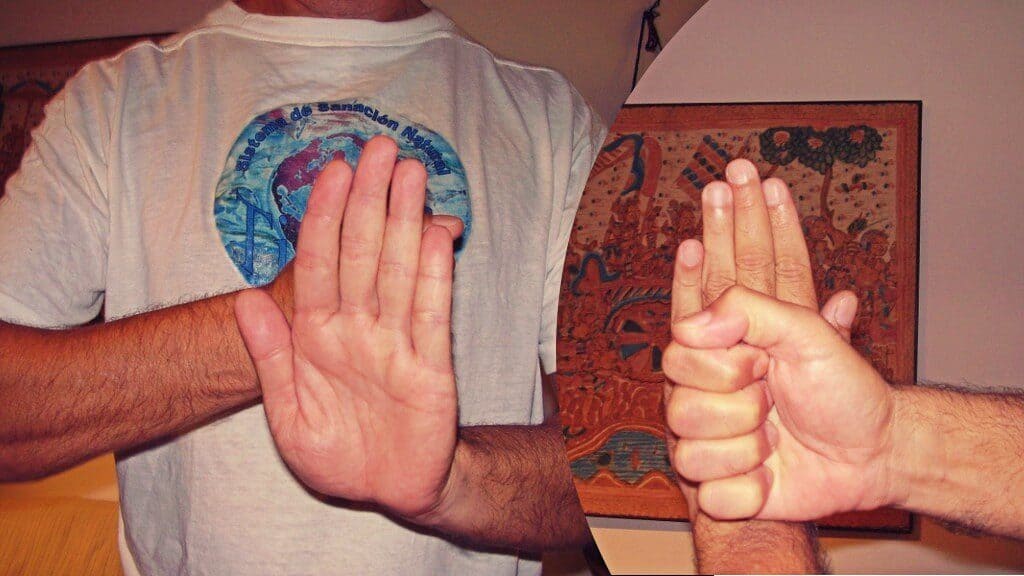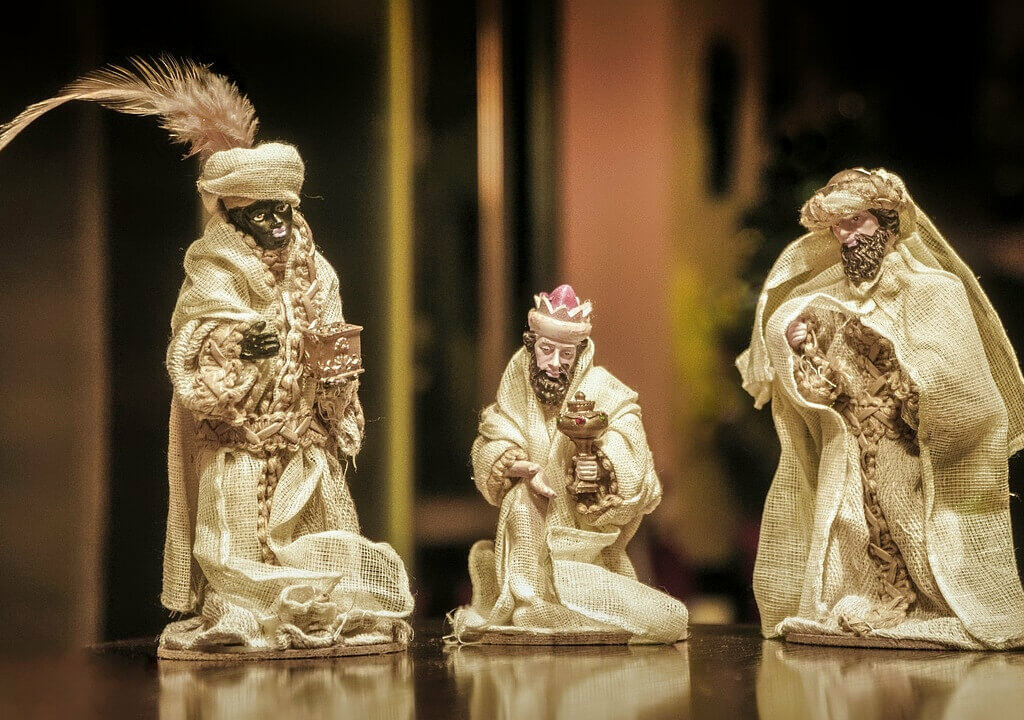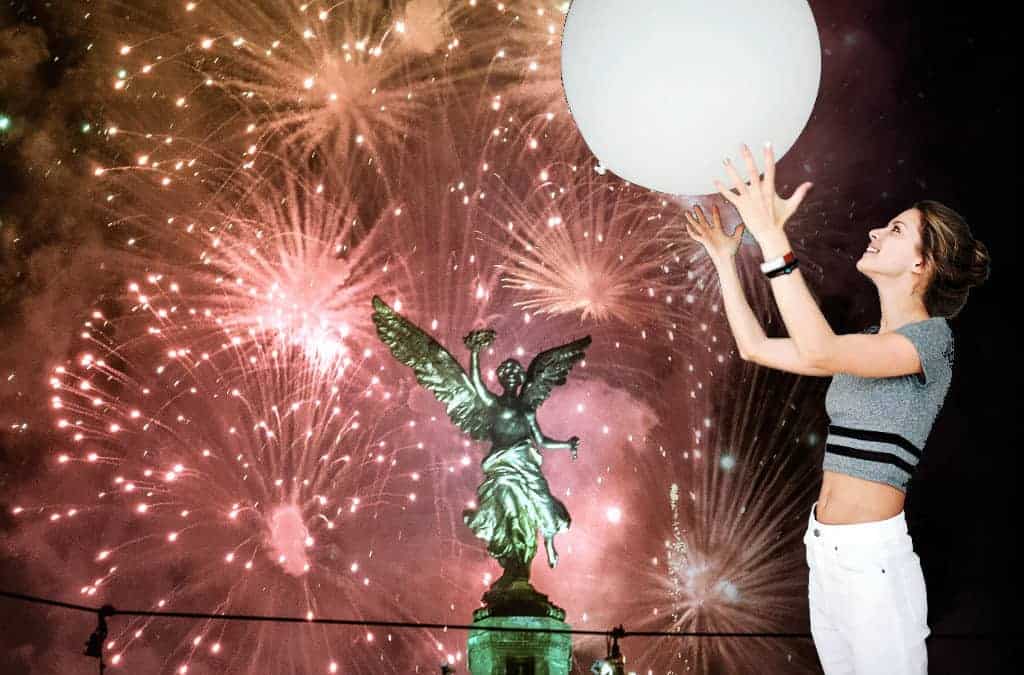Throughout history, humans have developed various ways to mark the passage of time, particularly at the end of a year. This practice is observed across different cultures and beliefs, transcending religious boundaries.
The Cultural Significance of End-of-Year Rituals
End-of-year rituals offer a unique insight into how human societies value time and life cycles.
Studies from the Mexican Institute of Statistics and Geography (INEGI) reveal that a significant proportion of Mexicans, including those who identify as non-religious, actively participate in these rituals. This demonstrates that the celebration of the year’s end goes beyond religious beliefs, becoming a cultural phenomenon.
The Anthropological Dimension
Caroline Humphrey and James Laidlaw, prominent anthropologists, argue that rituals are not merely expressions of religious beliefs. These acts serve to focus attention on specific moments, giving them special meaning and elevating them from daily routine.
Consumption and Rituals
During the end-of-year period, there is an increase in the demand for certain products.
The director of a popular online store notes that the most requested items are colored underwear, amulets, Feng Shui items, quartz, and incense. Additionally, the search for spiritual cleansing services, even at home, has become popular, reflecting the diversity and adaptation of these rituals in modern society.
New Year rituals vary worldwide, reflecting the cultural richness of each region.
Germans, for example, leave food on their plates after dinner to ensure prosperity, while in Korea, candles are lit in each room as a means to ward off bad spirits and promote purification. These practices, though diverse, share a common goal: marking a new beginning and fostering a positive future.
The Impact of Rituals on Perception
Anthropologist T. M. Luhrmann from Stanford indicates that rituals have a tangible effect on how people perceive their reality.
A study showed that students who wrote about positive aspects of their lives experienced an increase in optimism. This underscores the power of rituals to influence our perception and emotional well-being. They are particularly significant, even for those who do not adhere to religious beliefs.
These practices mark the beginning of a new cycle, inviting reflection and personal and collective renewal.
The Nature of Religion and Rituals
Luhrmann argues that religion is essentially a practice that helps people experience the world more fully. In this sense, end-of-year rituals function similarly, providing a space for reflection and reaffirmation of personal and cultural values.
End-of-year rituals represent a confluence of tradition, culture, and individual belief.
They remind us that, beyond our differences, we share a universal need to celebrate and mark significant moments. These rituals offer us the chance to close one chapter and begin another with hope and renewal.
Bid Farewell to the Old Year with a Letter to Your Future Self
Rituals of Reflection and Renewal
This end of the year, write a letter to your future self and participate in rituals of purification and gratitude. Explore creative and powerful ways to leave behind the old and welcome new opportunities, love, and prosperity… Read more >>




